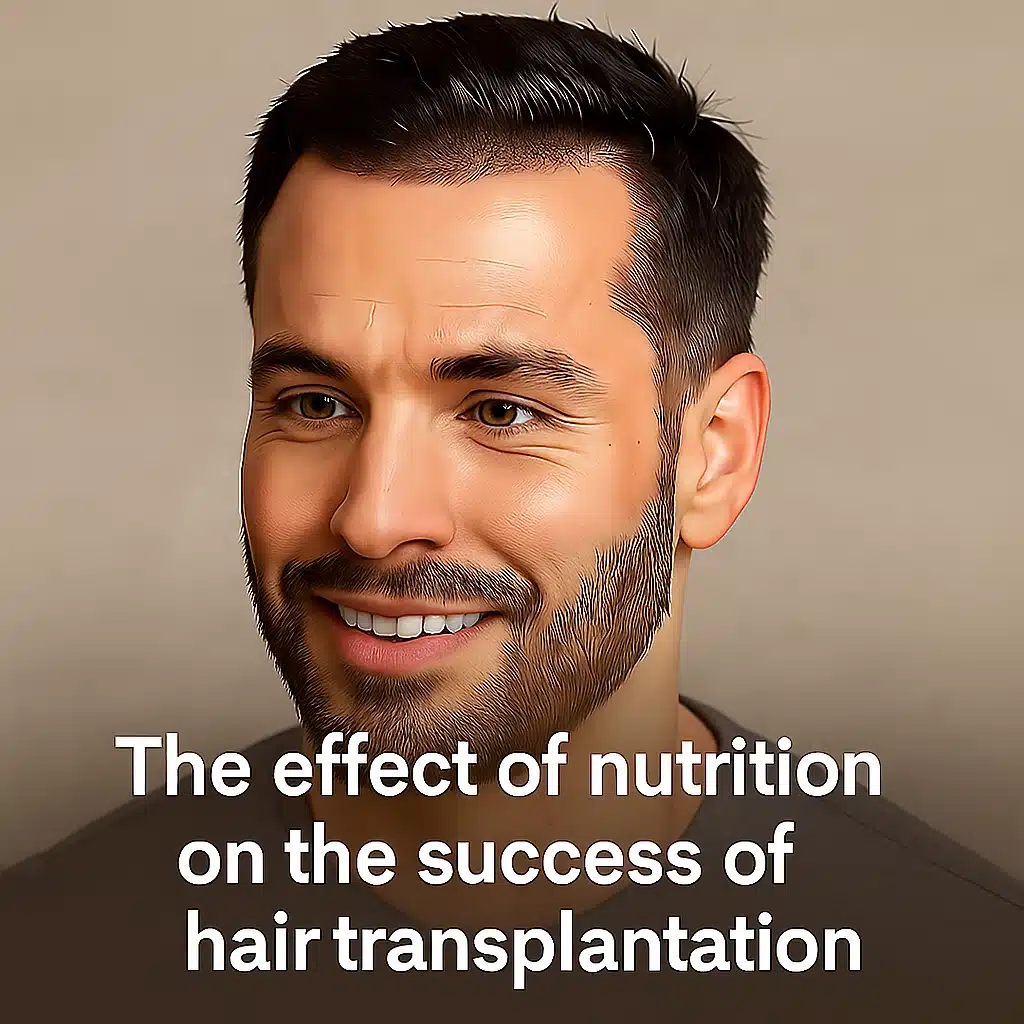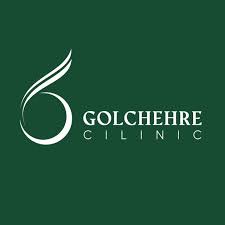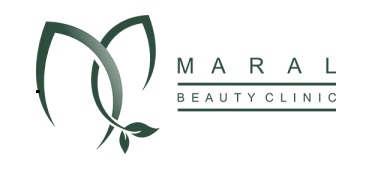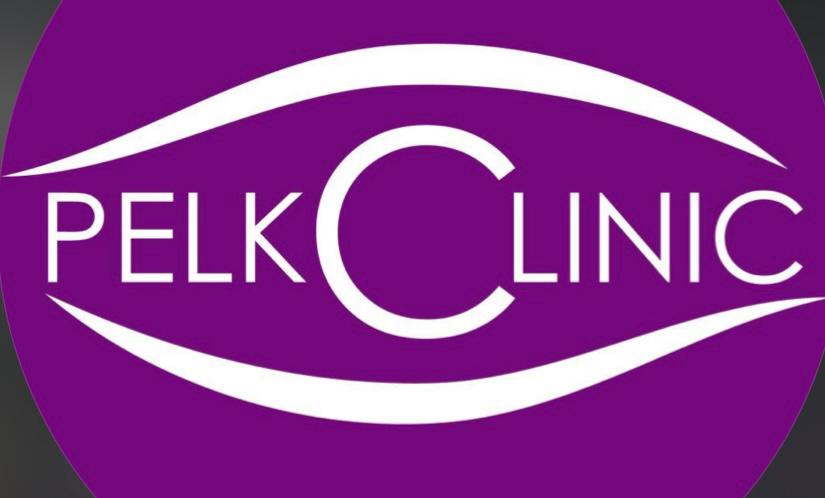Introduction: The effect of nutrition on the success of hair transplantation
Hair transplantation is one of the most effective methods for restoring lost hair, but the successful outcome of this procedure does not only depend on the skill of the doctor and surgical technique; proper nutrition before and after hair transplantation plays a vital role in the quality, growth rate, and durability of the transplanted hair. In this article, we will take a close look at the relationship between nutrition and hair transplantation success, essential nutrients, and common dietary mistakes.
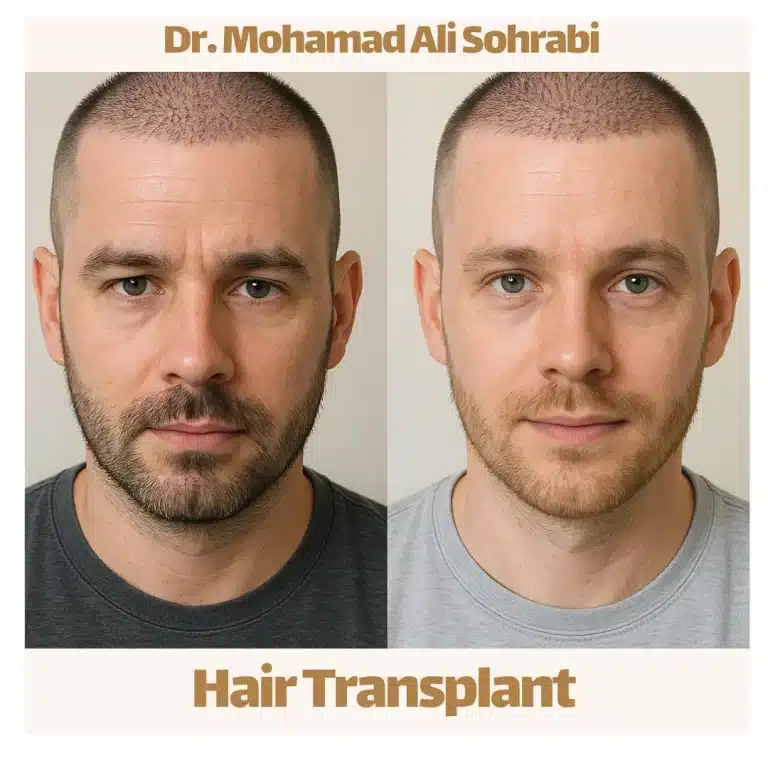
💎Why is nutrition important in hair transplantation?
The process of hair transplantation involves transplanting follicles into areas with sparse or no hair. After transplantation, these follicles require adequate nutrients, vitamins, and proteins to grow and regenerate.
Proper nutrition:
Increases blood supply to the follicles
Accelerates wound healing
Enhances the growth and strength of new hair
Reduces hair loss after transplantation
💎Nutrition before hair transplantation
. Supply the body with essential nutrients
Before hair transplantation, the body must be in optimal nutritional condition. Vitamin or mineral deficiencies may reduce the quality of the transplant.
Recommended ingredients:
Sufficient protein: white meat, fish, eggs, legumes
Iron: lentils, spinach, lean red meat
Vitamin C: citrus fruits, kiwi, bell peppers
Zinc: nuts, pumpkin seeds, beef
. Avoid certain foods
Very fatty and fried foods
Alcoholic beverages
Foods high in sugar
💎Nutrition after hair transplantation
Once implanted, the follicles need a healthy, nutrient-rich environment to grow.
. Proteins: The Pillar of Hair Growth
Protein is the main building block of hair. Its deficiency causes brittleness and hair loss.
Good sources: Chicken, turkey, fish, eggs, Greek yogurt, legumes.
. Key Vitamins and Minerals
Vitamin A: Helps produce sebum and keep the scalp moisturized (carrots, pumpkin, sweet potatoes)
Vitamin E: Improves scalp circulation (almonds, hazelnuts, avocado)
Vitamin D: Reduces hair loss and stimulates follicle growth (sunlight, salmon, eggs)
Vitamin C: Helps absorb iron and produce collagen (citrus fruits, strawberries)
Biotin (vitamin B7): Promotes hair growth and thickness (eggs, nuts, liver)
Zinc: Prevents hair thinning and loss (red meat, sunflower seeds)
. Omega-3 fatty acids
Promotes softness, shine, and reduces inflammation of the scalp.
Sources: Fatty fish (salmon, sardines), walnuts, flaxseeds.
💎Hydration and its role in the success of hair transplantation
Dehydration can reduce blood flow and weaken newly transplanted follicles. Drinking 8 to 10 glasses of water a day is essential to speed up the healing process.
📍Foods to limit after hair transplant
- Processed and fast foods
- Sodas and sugary drinks
- Too much caffeine
- Too much salt
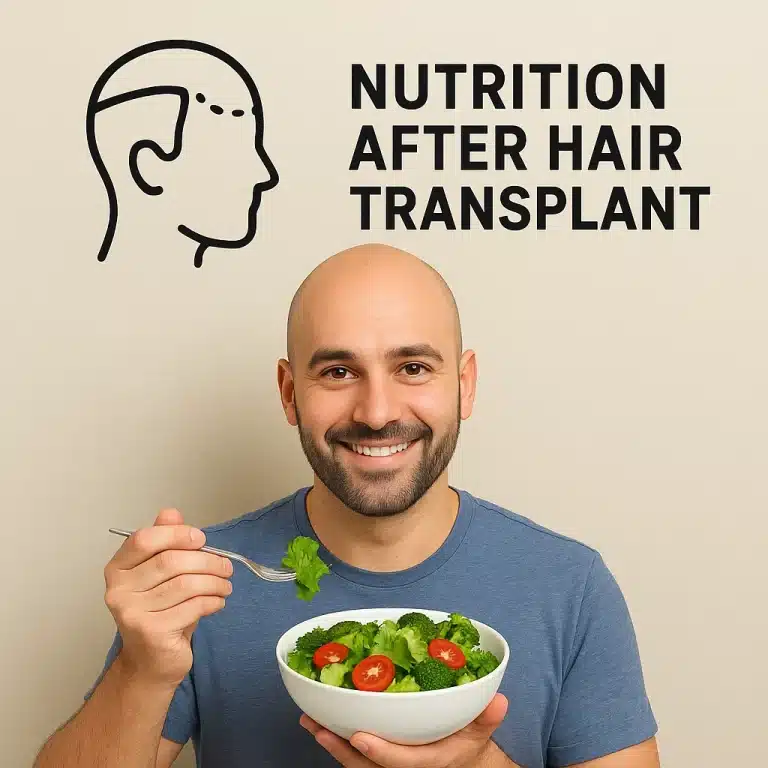
📍Common nutritional mistakes after hair transplantation
- Not eating enough protein
- Eating too many unhealthy foods
- Not drinking enough water
- Ignoring supplements recommended by your doctor
📍Useful nutritional supplements after hair transplantation
- Multivitamins
- Biotin
- Folic acid
- Fish oil capsules
📌 Important: Supplements should be taken under the supervision of a doctor.
📍The connection between nutrition and preventing hair loss
Even after hair transplantation is established, a healthy diet can prevent hair loss and maintain its density.
📌Conclusion
Proper nutrition, both before and after hair transplantation, is a key factor for the success and longevity of the result. A diet rich in protein, vitamins, minerals, and adequate water, along with avoiding unhealthy foods, can speed up the healing process and improve the quality of the transplanted hair.
Frequently Asked Questions About the Effect of Nutrition on Hair Transplant Success
Can diet improve hair transplant results?
Yes. A healthy diet rich in protein, vitamins, and minerals can speed up the healing process and improve the quality of transplanted hair growth.
What foods should be consumed more after hair transplantation?
Lean proteins, fatty fish, eggs, fresh vegetables, fruits, nuts, and rich sources of vitamins C, D, E, and biotin are the best options.
What foods should be limited or eliminated after hair transplantation?
Fatty and fried foods, fast food, sugary drinks, excessive caffeine and salt intake should be limited to avoid disrupting the healing process.
Is it necessary to take supplements after hair transplantation?
In case of nutritional deficiencies or as recommended by a doctor, taking supplements such as biotin, vitamin D, and fish oil capsules can be beneficial, but should be done under a doctor’s supervision.
Does dehydration affect the results of hair transplantation?
Yes. Dehydration reduces blood flow to the follicles. It is recommended to drink 8 to 10 glasses of water daily.

